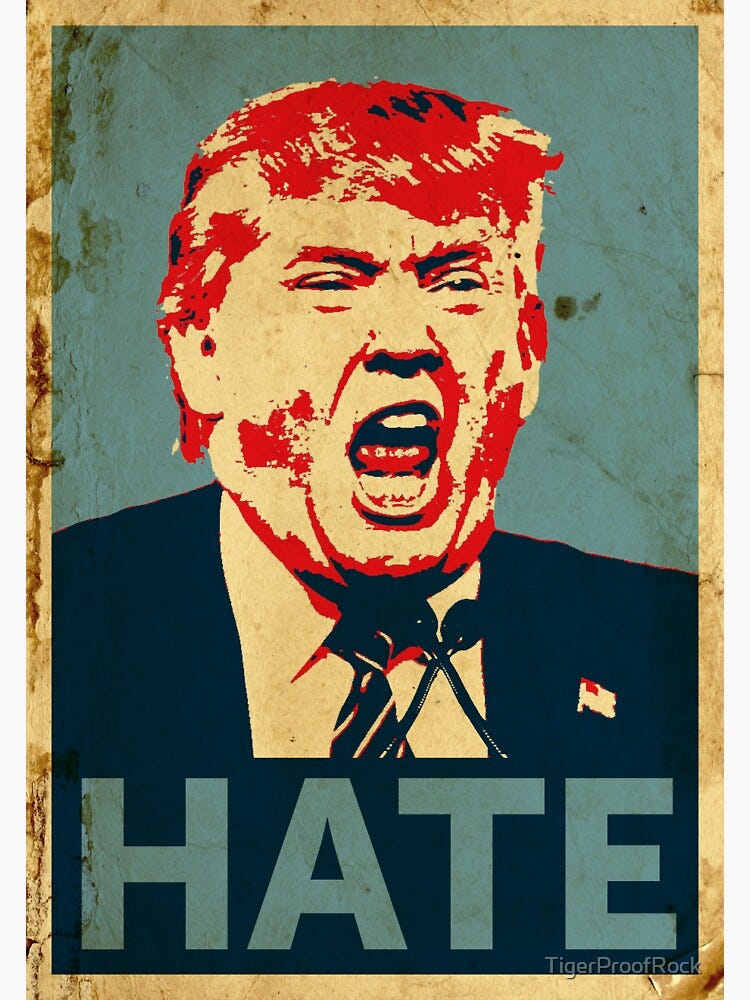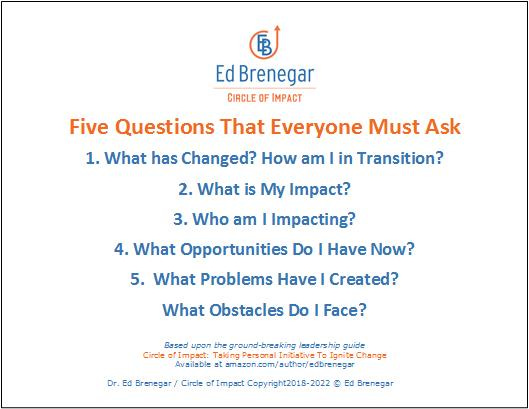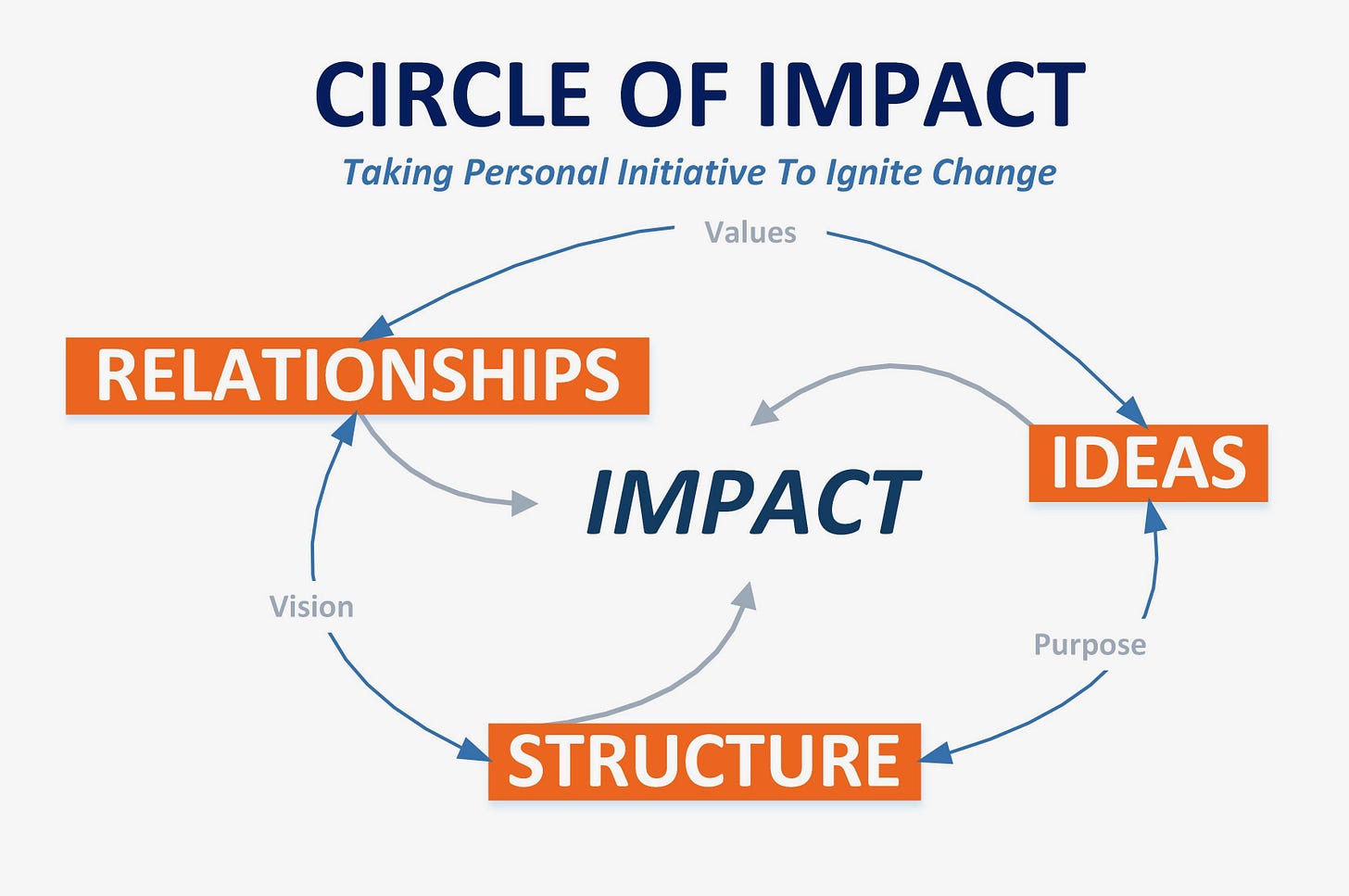Reality and The Culture of Simulation (2)
The Difference in Context between the Simulation and Direct Experience
Context Matters
This series that I am writing on Reality and the Culture of Simulation is about Context. My purpose is to get at the question of how we identify ourselves. Are we defined by the socio-cultural context of social media? Or do we see ourselves as separate from The Spectacle of the Real?
It is an important question as it gets at not only Who I am or you are, but also How we come to define meaning in our lives. By meaning, I’m not looking at a string of words that distinguish us. Instead, I refer to Where we choose to participate in all facets of our life, and more importantly, What is our contribution to the world, our work, our family, and our local community.
I am articulating an understanding of context that helps us distinguish the real from the hyper-real. When we grasp the real in our lives, our perspective on who we are becomes more complex and nuanced. By complex, I mean more dynamic and simple, not more complicated and confusing. This is Why in the development of the Circle of Impact model, it is essential that we can define the Impact that we want to create. By impact, I simply mean a change that makes a difference that matters.
What is that Impact for you? It may not be possible to identify that until the difference between Simulation and Reality is understood.
The cultural context of Simulation organizes us socially. In the following story, politics intrudes into relationships that I have with two guys. In one context, our past as colleagues in business is not sufficient to withstand a seeming difference in perspective. With the other, also a colleague, our friendship grew out of our shared work and has for decades transcended all the cultural forces that are aligned within the Simulation.
I am NOT Insane
A couple of years ago I was visiting a friend who had moved with his family away from the community where I lived. I was traveling across the country and stopped to spend a day with them. Over the years, we had many conversations about our businesses and especially about how we were choosing to take our businesses in new directions. Near the end of the day, he brought up the subject of Donald Trump. We had never had a political discussion. Though I knew generally his political orientation, he presented to me a litany of accusations about President Trump that if true would mean that he was the Devil Incarnate. I told him that I was neither a fan nor a hater of Trump. I simply saw him for what he was a flawed man like other men who was a disrupter of the political status quo. My friend tore into me with accusations that I was insane for not seeing things his way. I was taken back by his treatment of me. As I left to continue my journey, I knew that our friendship was almost irretrievably broken.
Several months later, the same thing happened again with an old friend. His litany of accusations was exactly the same word-for-word, line-by-line as my former friend. It was clear to me that both these guys had been programmed to see President Trump in this way. I made two points to my friend leading to a three-hour conversation that advanced our friendship because at its core is mutual respect.
I told him that his diatribe against Trump matched exactly what had been said to me by another person that he did not know. I told him,
“You know none of this by direct experience. You have been told this, and told so many times, you believe that these are your thoughts. They are not.”
Thankfully he heard me. Our friendship survived and now thrives at a deeper level than ever before.
This story illustrates the culture of simulation. Both friends were subjected to the seduction of believing that they were authorities on Donald Trump the man. I know a guy who had worked for the Trump organization in Manhattan. He knew the man. His direct experience presented a very different perspective than these two colleagues of mine.
The Spectacle Nature of Simulation
The four-fold nature of the culture of simulation – Simulation-Seduction-Consciousness-Control – programs and molds us to be a vehicle for the simulation in the world.
In Simulacra and Simulation, Jean Baudrillard describes how the portrayal of what is real becomes the hyper-real.
To dissimulate is to pretend not to have what one has. To simulate is to feign to have what one doesn't have. One implies a presence, the other an absence. But it is more complicated than that because simulating is not pretending. "Whoever fakes an illness can simply stay in bed and make everyone believe he is ill. Whoever simulates an illness produces in himself some of the symptoms" (Littre'). Therefore, pretending or dissimulating, leaves the principle of reality intact: the difference is always clear, it is simply masked, whereas simulation threatens the difference between the "true" and the "false," the "real" and the "imaginary." Is the simulator sick or not, given that he produces "true" symptoms? (emphasis mine)
The power of the image drives simulation. It is like a film. We are characters given a script and a role for every scene. And, yet, we don’t know that we have been given a script. It is like my friends above. They were given a script to use against anyone who disagreed with the dominant narrative about Donald Trump.
The simulation is not a documentary film that preserves reality. As characters, we each have a role to play in the advancement of the narrative of the simulation. It is not our story. It is no one’s story. It is not even like a film because then we could distinguish between the story on the screen and the reality of our lives. It is more like a utopian sci-fi fantasy set in contemporary times. It is like The Truman Show.
In The Truman Show, Truman lives in a simulation. He thinks that what he experiences is real. The reality is all these people are employees of a corporate media company. The simulation has to be maintained because it generates so much income for the company. Over time Truman begins to suspect that something is not quite right.
Simulations begin to break down when the veil between truth and fiction drops. The Simulation that we live in is the lie that reality does not exist. With every big lie, more lies have to be told. At some point, reality transcends the lie, and direct experience intrudes into our lives. It happened to Truman. It can happen to us, too.
This is the nature of the Simulation. We live in it as fish live in water. And like those in The Matrix who have taken the Blue pill. It is the context of our lives. Many, if not most, people cannot see the hyper-reality of the simulation.
Knowing Through Direct Experience
In this sense, we are the product of the Simulation. Through our eyes and like-clicks, we become the valued commodity of the Simulation. Just as in The Truman Show and The Wizard of Oz, there are people and computer programs behind the screen messaging us to produce the correct narrative response to every spectacle every day. This is the programming that is behind the delusional belief in Donald Trump as evil. Because it is a core principle of the Simulation, no dissent or variation of opinion can be allowed.
Have you ever had a “gut” feeling that something isn’t right? As if something is missing or eschew, out of alignment, or just not quite right. We have all felt this way. Where does this feeling come from? When you have it, do you trust your “gut” and follow your instincts? Like Truman, are you looking for cameras?
Even as we live in the context of the Simulation, we also live in the context of reality. Machines fail. People misunderstand. You wear a mask or get a shot, and yet, you still get sick. Reality surrounds us and transcends the simulation.
As I have worked at understanding these two contexts over the past decade, I have come to appreciate the importance of direct experience. By direct, I mean immediately present, physically, emotionally, and spiritually. The world of direct experience is still subject to interpretation by the influence of the simulation. We can misunderstand the nature and purpose of a direct experience. Yet, if you hold up the idea - think of holding out in your hand in front of you at eyesight, and in your hand is the idea that there is more to life than what you know - you have a chance of seeing beyond the simulation to what is real.
Discovering the Real
We access the meaning of direct experience by asking questions. The questions I’m presenting have helped people clarify what is happening in their lives. The key to understanding is knowing what you can do that makes a difference that matters. The impact of our lives is the reality that our lives have meaning that orients our life something positive and beneficial. Our lives are more than just a simulated story, but something measurable from direct experience.
Let’s return to the story of my two colleagues. We can see a difference between them. With the first guy, his anti-Trump political narrative canceled out any direct experience that we shared. He had been Seduced to believe that he was an agent of truth about President Trump. He believed in his mission to convince people. He failed in his mission to convince me because I work hard every day to fight off the pressures to be seduced and controlled by the Simulation.
The direct experience that my other friend and I have shared for twenty-five years means that our friendship transcends politics. Not only do we share a common purpose in our work, but we have also been there for one another when we needed it.
Direct experience gets tied into the quality of relationships that we have. The essential problem with the Simulation is that all aspects of our lives exist in submission to the Simulation. The narrative demands our allegiance and our submission. As a result, we develop a religious-like consciousness to counter the psychic trauma that results. By asking questions, we can discover reality. When we ask them with one another, a shared reality of direct experience grows to break down the effects of the Simulation.
Five Questions That Everyone Must Ask
The following questions identified as The Five Questions That Everyone Must Ask have the purpose of bringing clarity to our lives and focusing on specifically what we must do, in this instance, to reclaim reality.
1. What has Changed? How am I in Transition?
2. What is my Impact?
3. Who am I Impacting?
4. What Opportunities do I have because of the Impact that I am having?
5. What Problems have I created? What Obstacles do I face?
Ask the questions in this manner.
Ask them every day about something.
Do not spend too much time asking them.
Keep a record of your answers
The Reality Context for Asking.
Looking backward in assessment.
Looking forward in anticipation.
Identifying what I need to do right now.
Planning for a meeting, whether with a client or your team.
The Results of Asking Questions about Direct Experience
Patterns of behavior emerge. A pattern is something that repeats itself. It becomes meaningful when the pattern is seen across a spectrum of situations, people, and locations. The fact that these two colleagues of mine had the exact same diatribe against Donald Trump was meaningful. It said nothing about the president and everything about their sources of information.
From Patterns of Simulation to Patterns of Direct Experience
The quality measure for the simulation is control and compliance. The quality measure for judging direct experience, for understanding reality, is simple based upon the Circle of Impact model.
IDEAS: from Confusion to clarity of values and purpose
RELATIONSHIPS: from division to respect, trust, and mutual accountability
ORGANIZATIONAL STRUCTURE: from efficiency to impact
SOCIAL STRUCTURE: from a culture of crisis and conflict to one of shared meaning for impact.
In my next column, I’ll take the four-fold framework of simulation and describe its complement for the reality of direct experience.
Reality and The Culture of Simulation
1 Understanding the Context of the Spectacle of the Real
2 The Difference in Context between the Simulation and Direct Experience
3 Learning to Observe and Understand Cultures
5 The Spectacle of the Real comes to Uvalde, Texas. What should leaders do?





There is a LOT to unpack here. Early in the piece this struck me, and I do not feel comfortable being around people who are blind to the agenda being plied upon them: "As I left to continue my journey, I knew that our friendship was almost irretrievably broken."
"Divide and rule, the Politician cries. Unite and lead is watchword of the wise" Goethe
Thank you for being an agent of the latter portion of this quote.